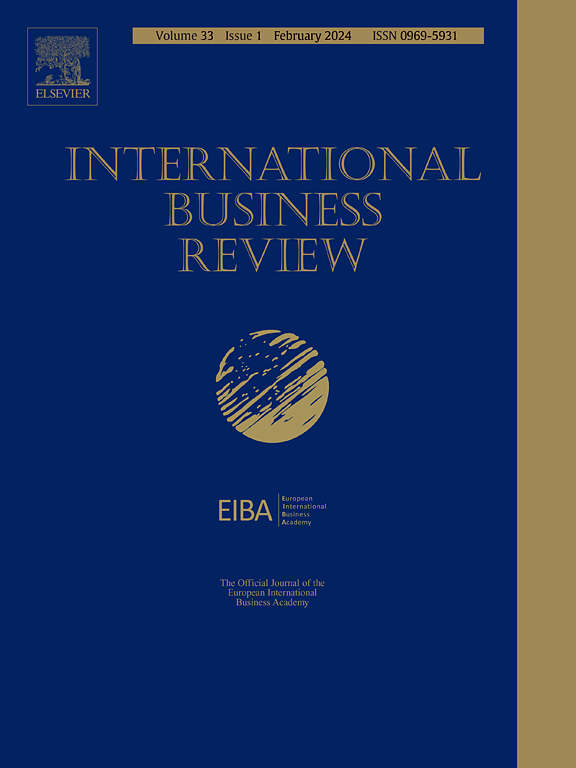The double bind: Human resource management under sanctions and skilled labor exodus
IF 6.1
1区 管理学
Q1 BUSINESS
引用次数: 0
Abstract
This paper examines how human capital (HC) outflows, triggered by economic sanctions imposed on Russia, constitute a profound environmental disruption with long-term consequences for firms. Drawing on HC theory and based on case studies of three companies in the Russian IT sector, the study analyzes how large-scale talent relocation, referred to as brain-drain, undermines firms’ strategic investments in HC development. We find that in the face of sustained uncertainty, human resource (HR) managers adopt reactive approaches, leading to the widespread abandonment of professional development initiatives. We argue that this shift risks eroding organizational capabilities and placing firms at a long-term competitive disadvantage. By moving beyond macroeconomic discussions of sanctions and focusing on firm-level human resource management (HRM) responses, this study offers new theoretical insights into how geopolitical shocks reshape HRM practices and disrupt the underlying logic of HC investment in high-skill industries.
双重困境:制裁下的人力资源管理和熟练劳动力外流
本文考察了由对俄罗斯实施的经济制裁引发的人力资本(HC)外流如何构成深刻的环境破坏,并对企业产生长期影响。利用人力资源理论,并基于俄罗斯IT行业三家公司的案例研究,该研究分析了大规模人才迁移(即人才流失)如何破坏企业在人力资源发展方面的战略投资。我们发现,面对持续的不确定性,人力资源(HR)管理者采取被动的方法,导致普遍放弃专业发展计划。我们认为,这种转变有可能侵蚀组织能力,使企业长期处于竞争劣势。通过超越对制裁的宏观经济讨论,关注企业层面的人力资源管理(HRM)反应,本研究为地缘政治冲击如何重塑人力资源管理实践和破坏高技能行业人力资源投资的潜在逻辑提供了新的理论见解。
本文章由计算机程序翻译,如有差异,请以英文原文为准。
求助全文
约1分钟内获得全文
求助全文
来源期刊

International Business Review
BUSINESS-
CiteScore
14.10
自引率
6.90%
发文量
95
审稿时长
62 days
期刊介绍:
The International Business Review (IBR) stands as a premier international journal within the realm of international business and proudly serves as the official publication of the European International Business Academy (EIBA). This esteemed journal publishes original and insightful papers addressing the theory and practice of international business, encompassing a broad spectrum of topics such as firms' internationalization strategies, cross-border management of operations, and comparative studies of business environments across different countries. In essence, IBR is dedicated to disseminating research that informs the international operations of firms, whether they are SMEs or large MNEs, and guides the actions of policymakers in both home and host countries. The journal warmly welcomes conceptual papers, empirical studies, and review articles, fostering contributions from various disciplines including strategy, finance, management, marketing, economics, HRM, and organizational studies. IBR embraces methodological diversity, with equal openness to papers utilizing quantitative, qualitative, or mixed-method approaches.
 求助内容:
求助内容: 应助结果提醒方式:
应助结果提醒方式:


